Ugandan's health and life expectancy is among the lowest across the globe. In Uganda, one in every 200 births ends the mother's life, around 1.4 million people are living with HIV and although malaria accounts for 14% of all deaths, less than 10% of children under five are sleeping under insecticide-treated nets. Serious external challenges have emerged with increasingly poor and erratic drug distribution, lack of trained medical staff and equipment and the looming threat of a global recession disrupting progress. The barriers of the health service delivery system in Uganda including but not limited to policy matters, medical staff, transport, distance and referral mechanism, drugs and medical facilities, costs and financing of services, corruption and bribery, culture and attitudes.
GRONET together with the Government is helping to build a functioning community structures can lead to a tangible improvement in healthcare and access to health services at a local level. We carry out refresher trainings to the volunteer community healthcare workers say village health teams (VHTs), traditional birth attendants (TBAs) and community vaccinators supporting healthcare programmes.
We strive to improve the referral mechanism, encourage community financing health schemes, adopt collaborative practices, conceptualize and implementation of the anti-corruption laws, improve the recognition and importance of informal providers of healthcare to the poor, sensitization of health workers on infection control and post exposure prophylaxis, and helping the government to develop strategies to enhance public hospital management and awareness of threats related with expiry medicines.
We are focusing on transferring a fully functioning community immunization framework over to the district government, and aiming for 90% of children under five to be immunized against eight killer diseases. Your support is needed.

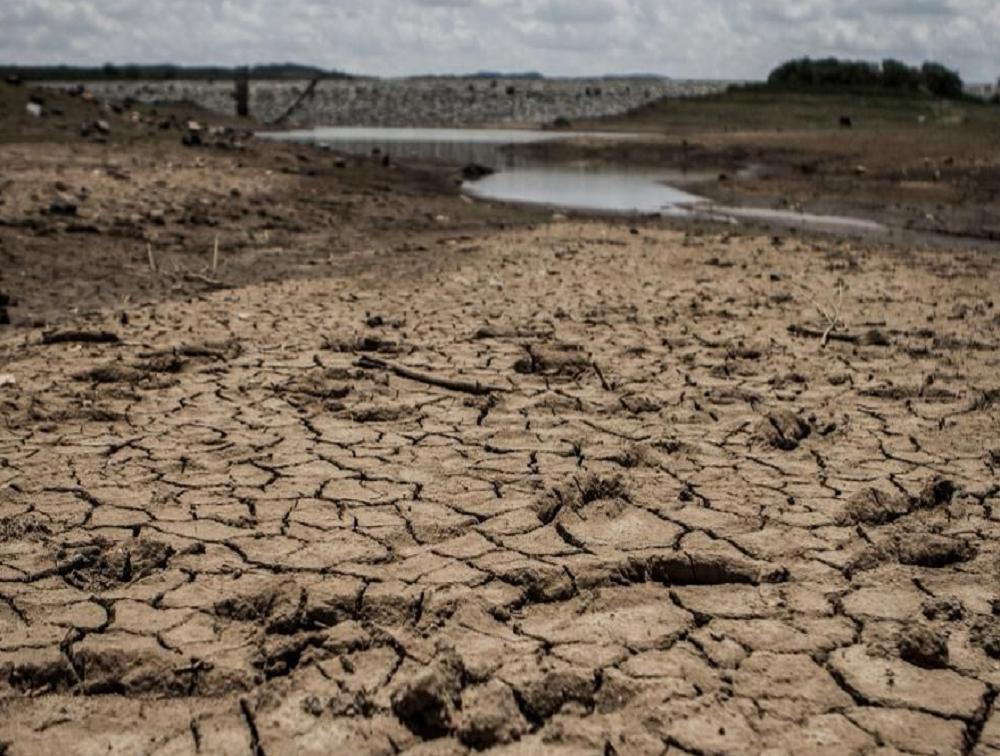
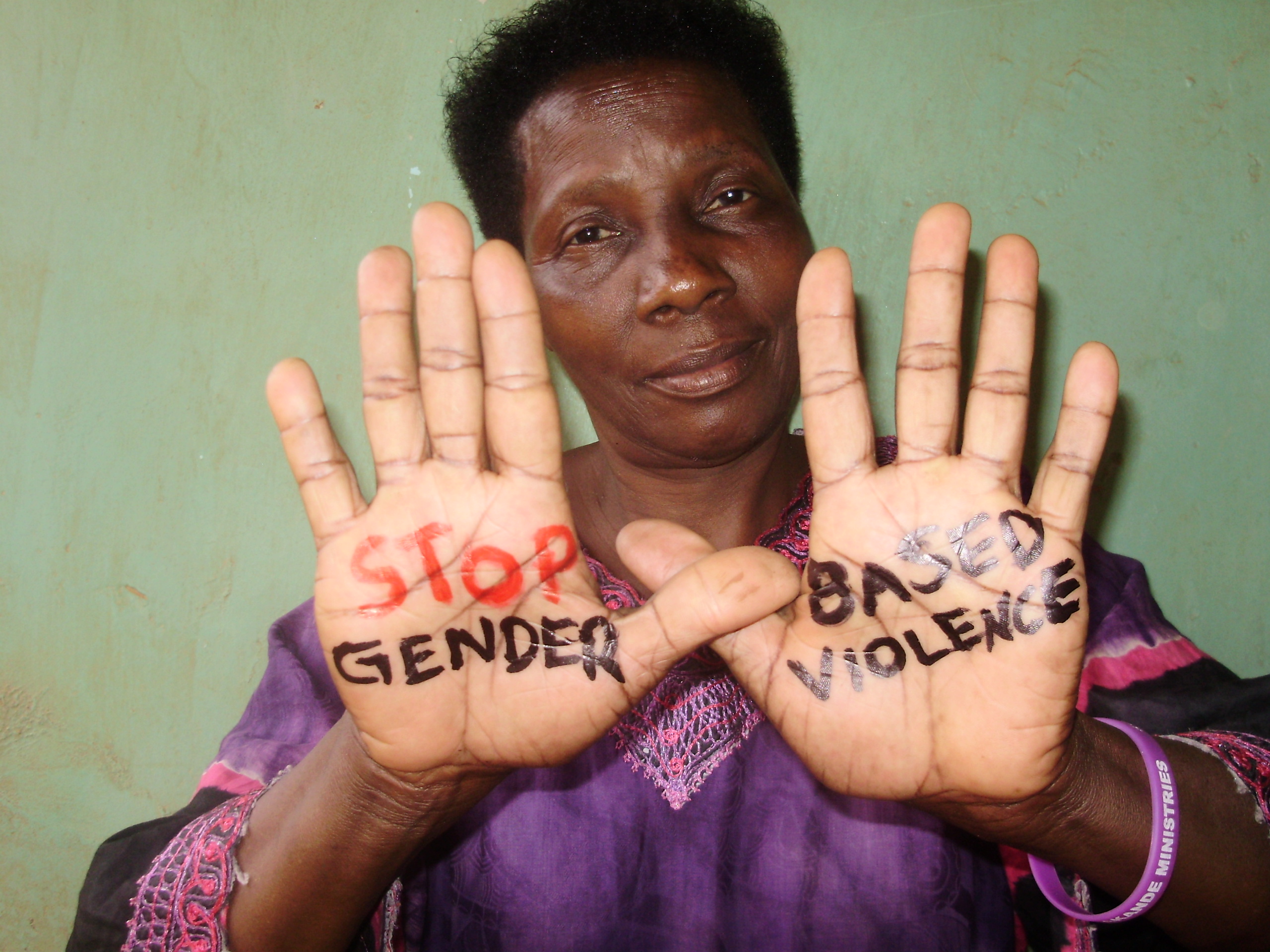
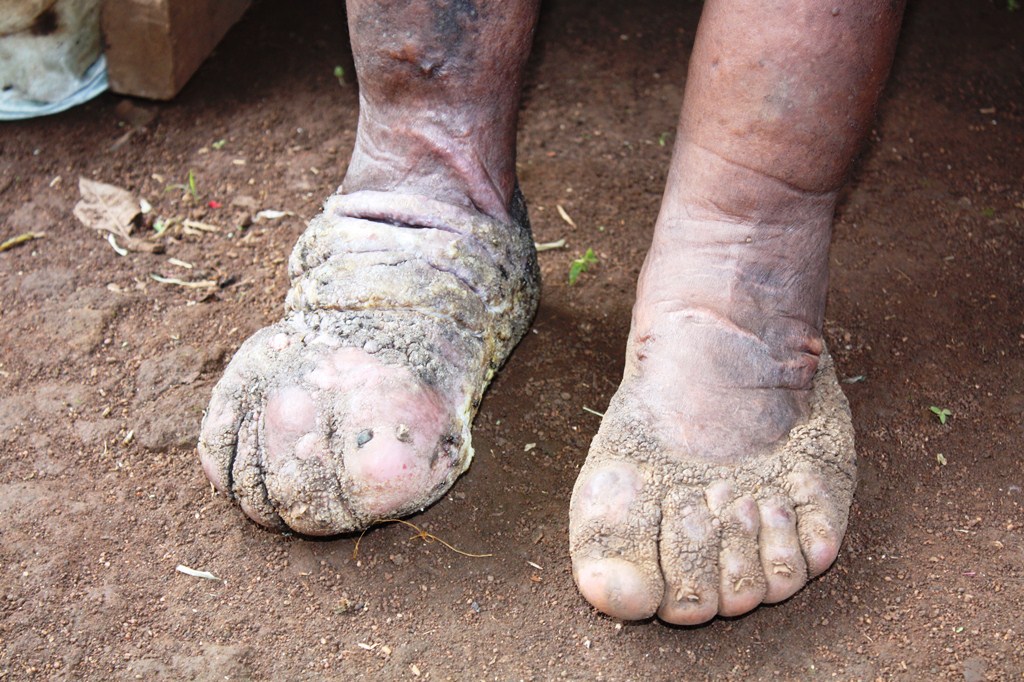
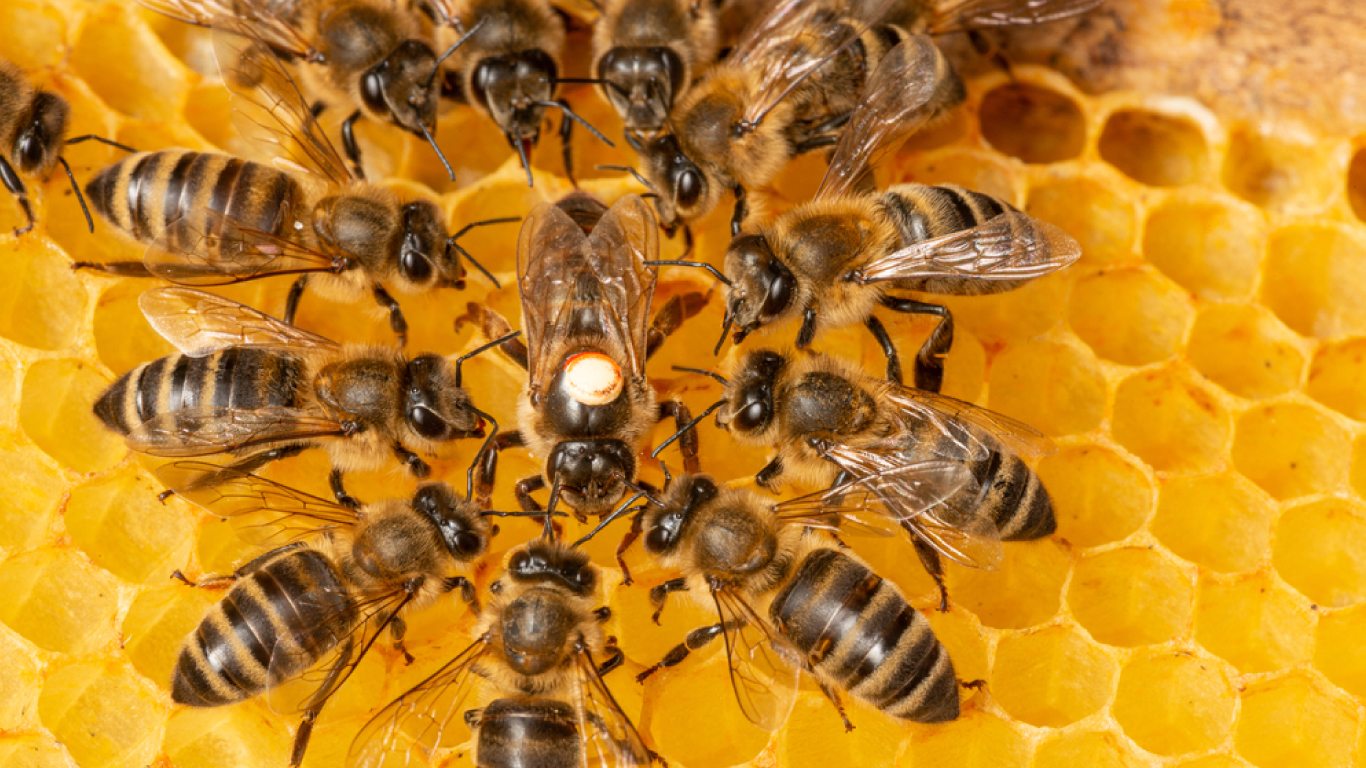

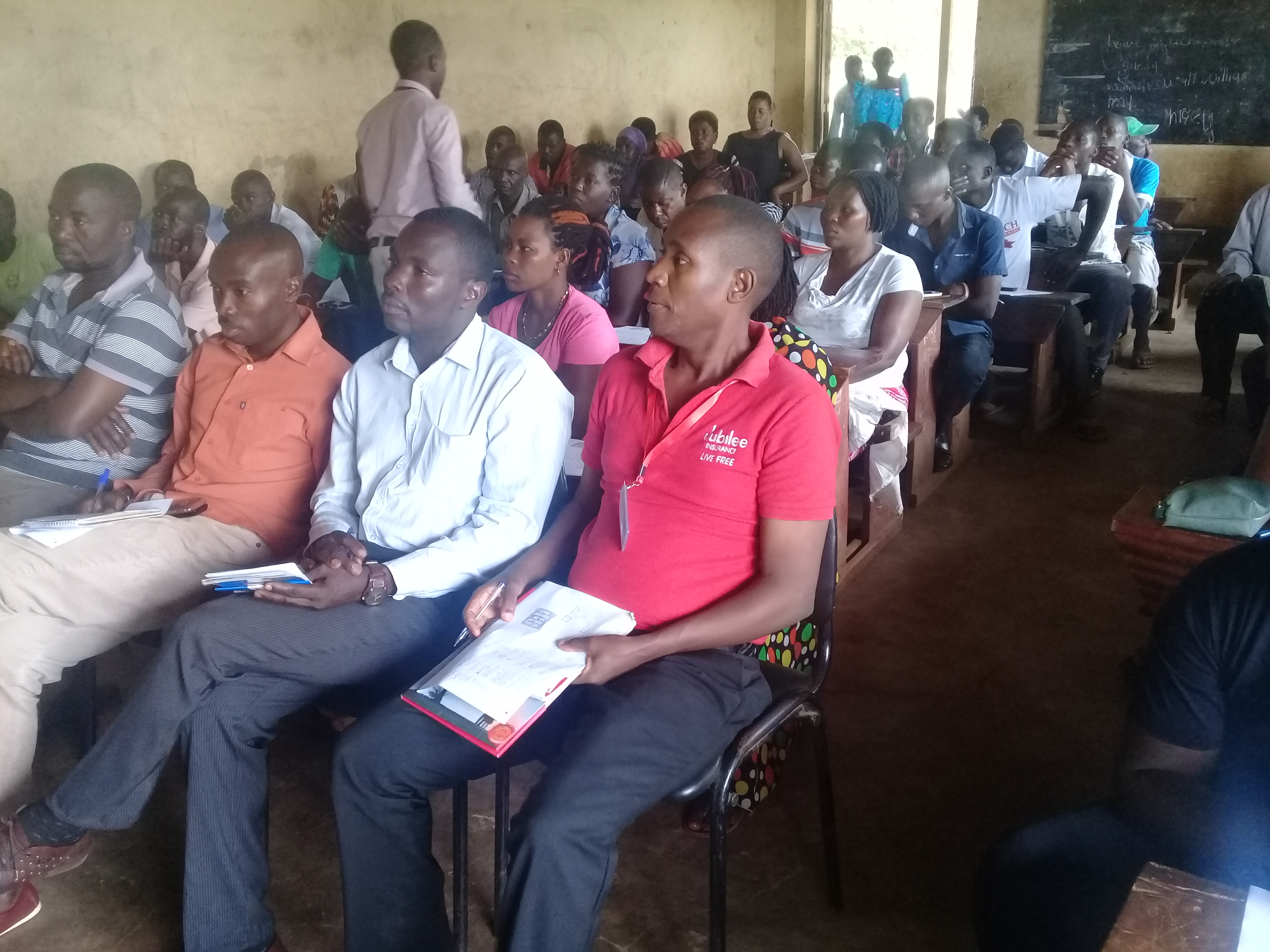

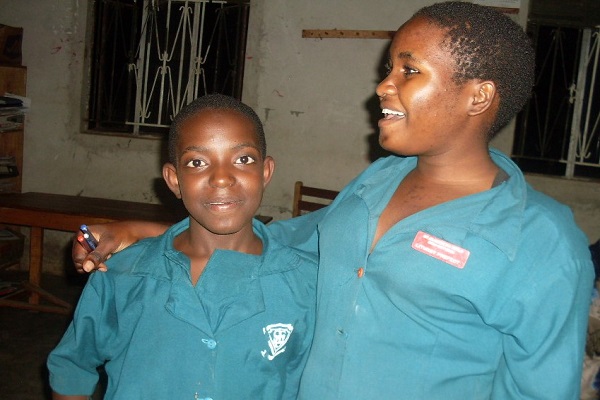
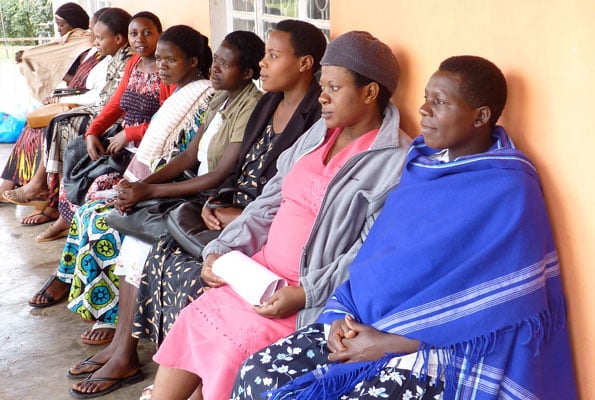
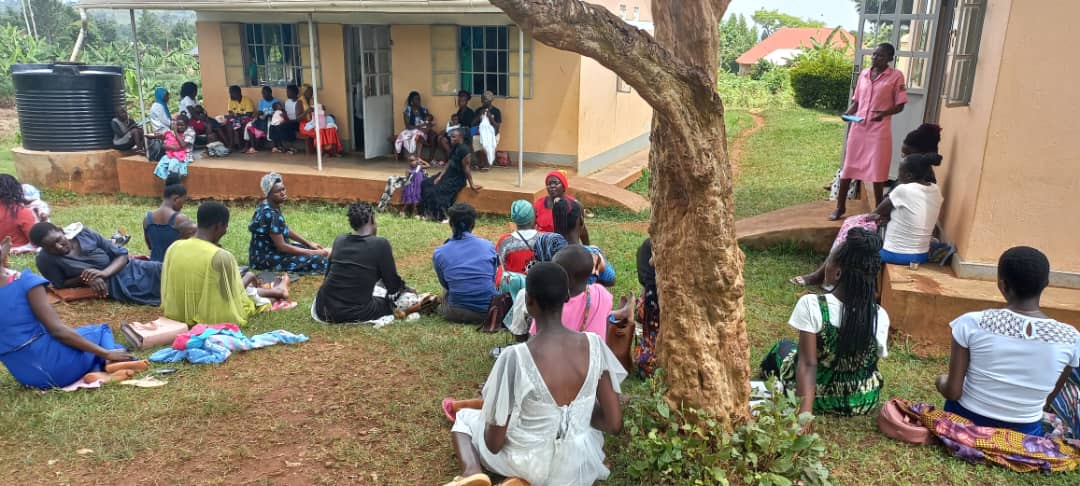
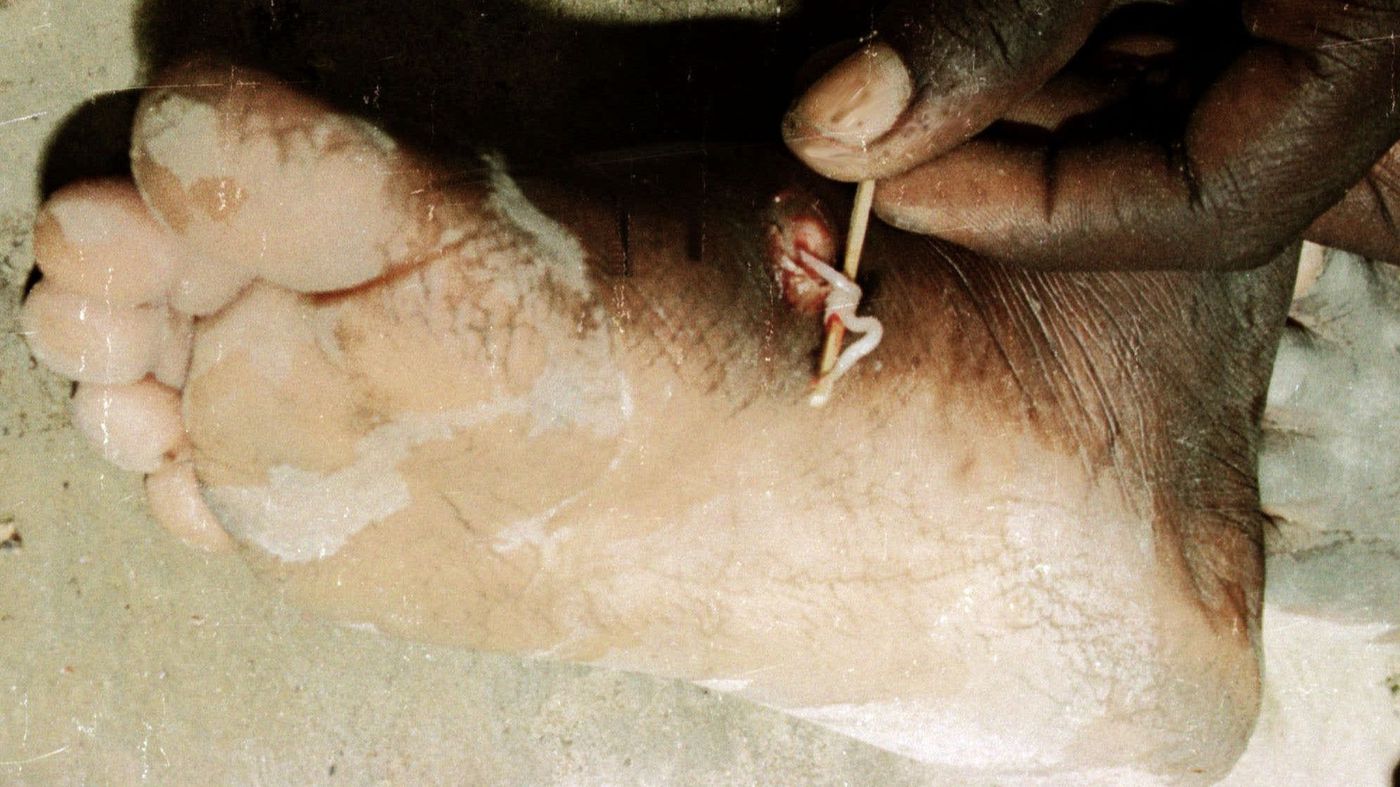
Comments